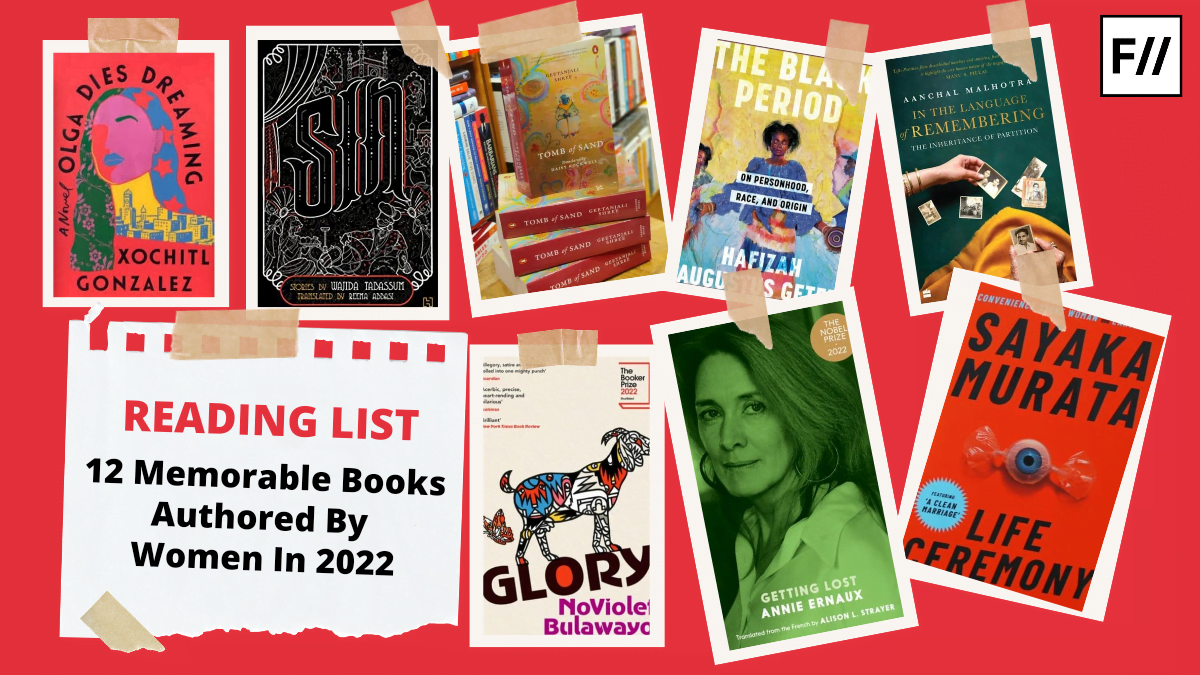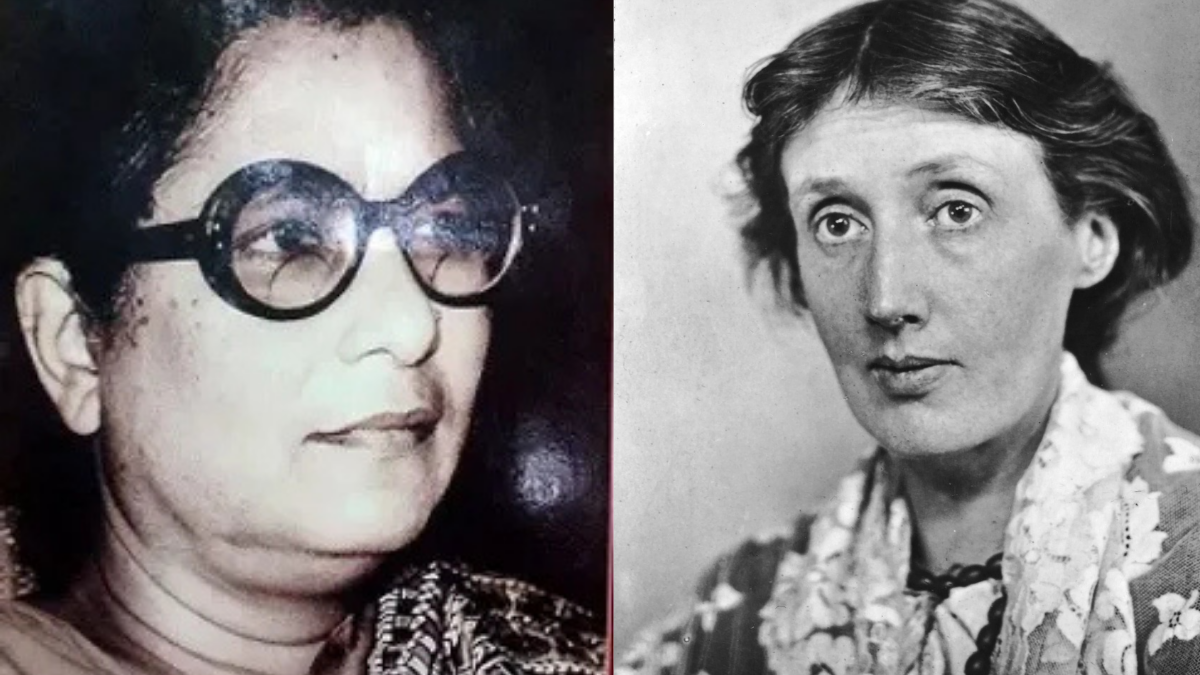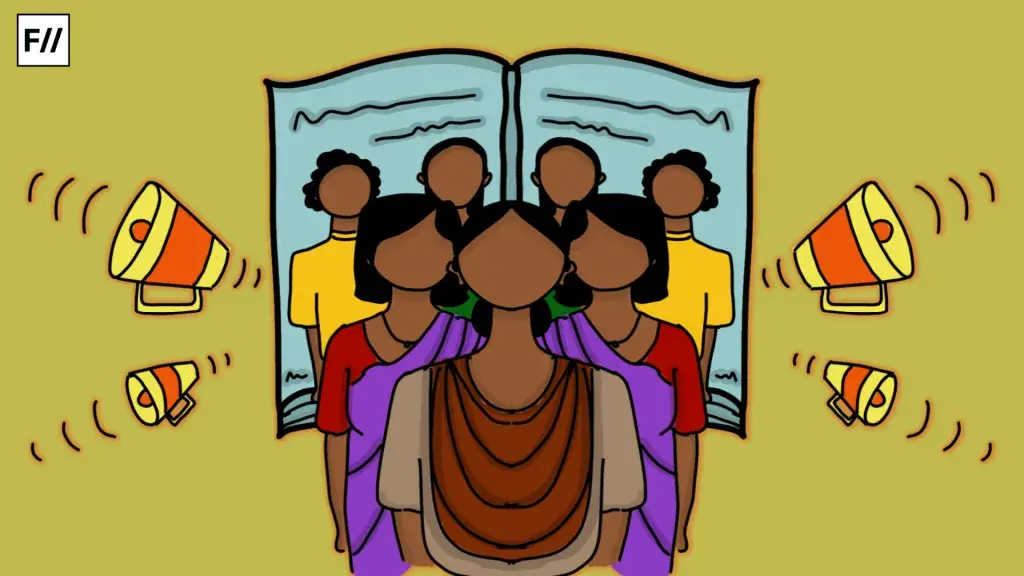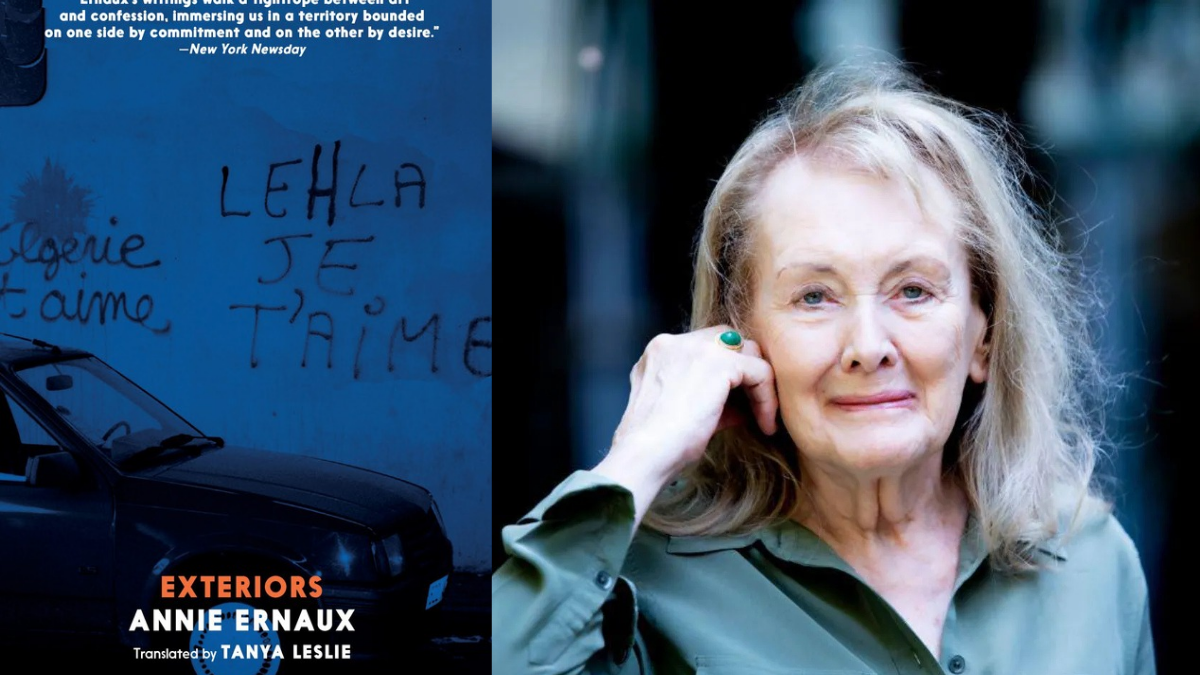2022 has seen many great titles being published and while no list can ever do justice to all those great books being written by women authors from their diverse perspectives, the books mentioned below have been considered noteworthy by the majority for their unique concepts and fluid writing which has woven worlds in the minds of the readers.
1. Olga Dies Dreaming by Xochitl Gonzalez
Written by the American author of mixed heritage, the debut novel Olga Dies Dreaming is one of the most engaging reads of the year. Brother and sister duo of Olga and Pedro lead successful ‘public’ lives in Manhattan. But all that is turned around when their mother, who had deserted them several years ago for political reasons, shows up back in their lives.

The characters are made to face their past and reflect upon their own lives. Covering a wide range of topics like the rich cultural history of Puerto Rico, the processing of intergenerational trauma, the effect of political strife being ripe at both internal and external spheres, the novel is an amazing amalgamation of different voices and perceptions; a book where multiplicity, intersectionality is celebrated and given due importance to.
2. The Books of Jacob by Olga Tokarczuk
Originally published in 2014, The Books of Jacob by the Polish author was translated into English in 2022 by Jennifer Croft. Most ambitious of works yet by the Nobel Laureate, The Books of Jacob spans a few decades charting the life of one mysterious Jacob Frank living in the mid-18th century, who is represented as a messiah or saviour-like figure.
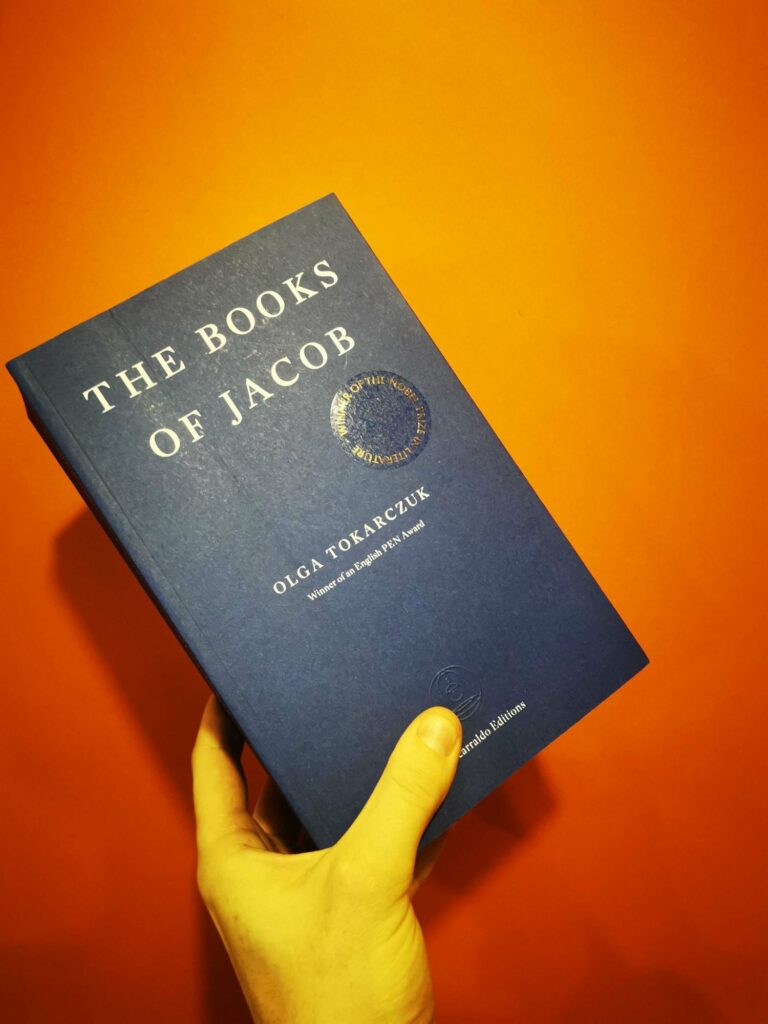
‘The Books of Jacob’ is an epic historical novel based on a very real person in history and only a prolific author like Olga Tokarczuk can describe a world on the cusp of a major change so well. Encompassing different empires with accounts from various people surrounding Frank Jacob, the protagonist, the story is a riveting narrative of the person and his times, and the eternal struggle of humanity in the search for certainty and the simultaneous need for transcendence.
Also read: 11 Queer And Trans Affirmative Moments Of 2022 That Created History
3. Getting Lost by Annie Earnaux
French author Annie Earnaux was all over the news globally this year after winning the coveted Nobel Prize in Literature for her outstanding contribution to the field. Along with that, in this year itself, she published another prose work titled Getting Lost– an autobiographical work covering the French author’s life in the late 1980s when she fell in love with a younger married Russian Diplomat.
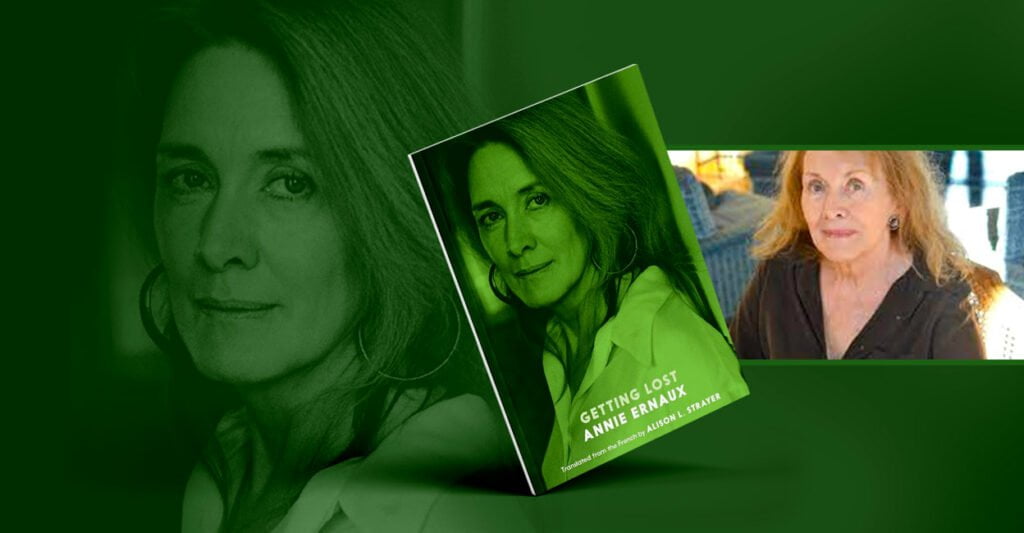
One of her most vulnerable works yet, Earnaux’s diary-writing is raw, unfiltered and provides a haunting glimpse into the life of a flawed human being who is nonetheless trying her best to survive in the world. The work has been translated into English from French by Alison L. Strayer.
4. Glory by NoViolet Bulawayo
Nine years after her debut novel, the Zimbabwean author made a return this year with her novel titled Glory. Similar to George Orwell’s Animal Farm, Glory is set in the animal kingdom where all the characters and events are metaphorically representatives of real people and their lives in this world. In 2017, political tensions ran high in Zimbabwe which eventually led to the overthrow of the then Zimbabwean President.
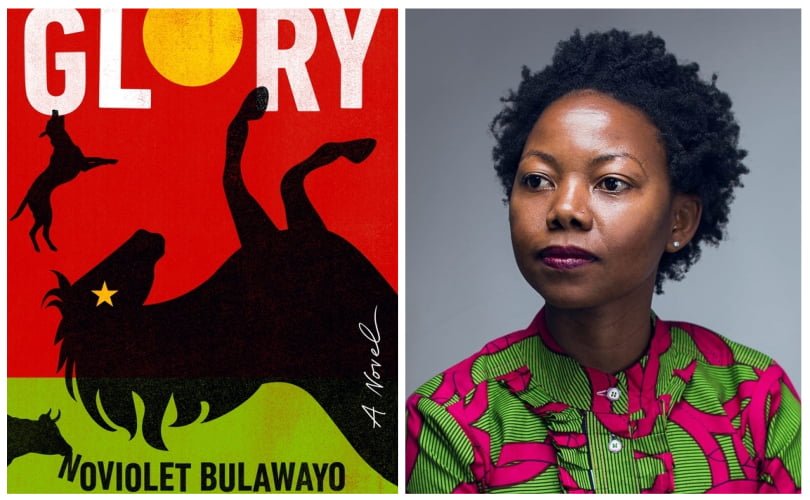
Set against this backdrop, the novel, laced with political strife and tumultuous uprisings occurring against a leader type character named Old Horse, is a tale of revolution and is strikingly symbolic of the follies of mankind as well as its bravado in times of crises.
5. In The Language Of Remembering by Anchal Malhotra
The partition of India during its independence from its colonial past is that momentous point in history where everything changed, forever, and nothing was ever the same again. Indian author and oral historian Anchal Malhotra revisits this past and weaves conversations over generations of Indians, Pakistanis and Bangladeshis over partition to showcase how people remember things and how memory becomes an integral part of having a legacy.
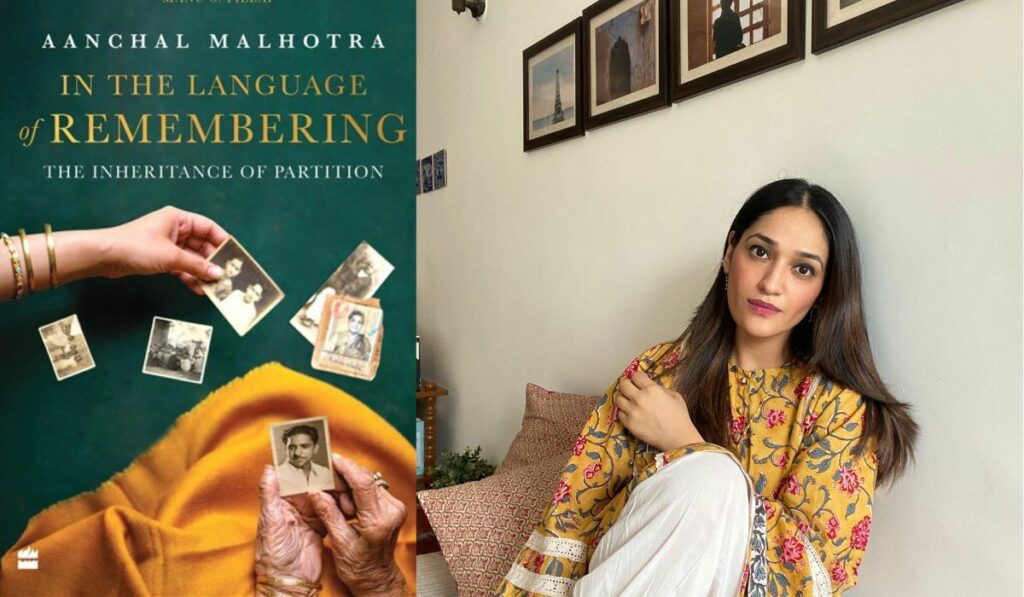
This preservation of history through memory passed down generations still shapes our present realities and Anchal Malhotra uses it to paint a picture of the consequences of partition that still lurk in our lives, even today.
6. Life Ceremony by Sayaka Murata
Life ceremony by one of Japan’s most exciting authors, Sayaka Murata, is a collection of 12 short stories. All the stories engage our senses to bring into view our perceptions of what is normal and what is abnormal. The author plays with these binaries, sometimes reversing them like when normal characters are presented within abnormal spaces in the background to enhance our understanding of how human lives and relationships work within the boundaries of these binaries.
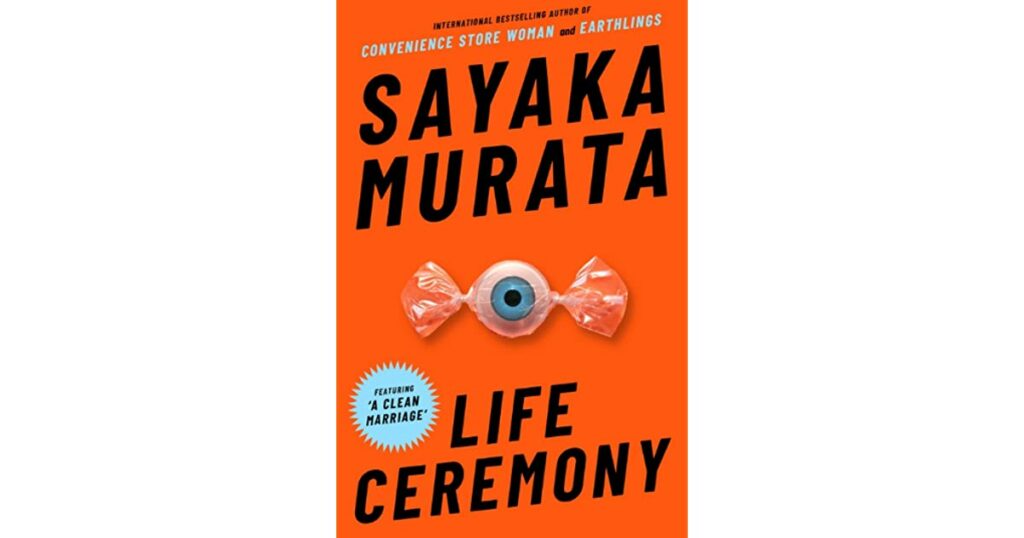
The short stories are also rich in showcasing the various cultural aspects of Japanese society and how modern day characters come to terms with them. The book, which has been translated into English from Japanese by Ginny Tapley Takemori, is a gripping narrative with vibrant characters and their uniquely led individual lives.
Also read: 11 Progressive Judgements Of 2022 That Made Us Strong
7. The Immortal King Rao by Vauhini Vara
The novel by the Canadian born American journalist, features a character named Athena Rao, a Dalit protagonist who is unjustly charged with her father’s murder. This book has a little bit of everything – suspense, thrill, dystopian landscapes, dealings with prominent caste issues and more.
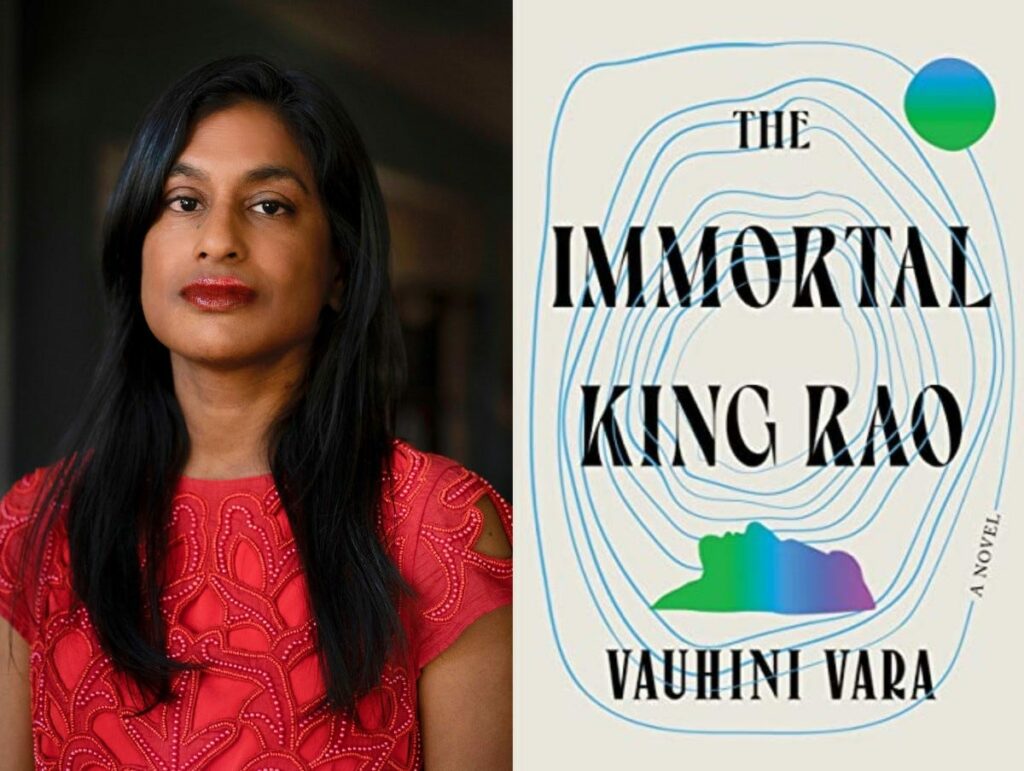
The science-fiction novel, therefore, is a brave attempt at caste criticism in order to introspect more deeply the problems spread across a nation’s landscape.
8. Gods of Want by K-Ming Chang
Concerning the lives of Asian American women, this book of 16 short stories is a lively look at the immigrant experience.
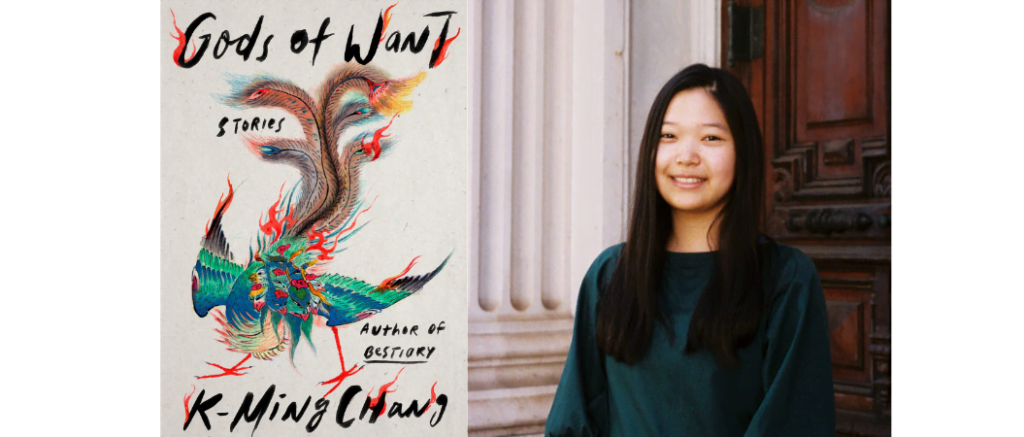
Written in her style, as seen in her last book titled Bestiary, Gods of Want once again mixes myth and reality to bring to life the tales, the queer experiences, the relationships the women have with one another. These stories also concern the power of memories and the questions they raise about our lived lives.
9. The Black Period by Hafizah Augustus Geter
The Black Period by Nigerian American author Hafizah Augustus Geter is a powerful reclamation of one own self against the forces of society that works to outcast the nonconforming individual. It is a memoir by the author as the queer daughter of a Black American visual artist and a Muslim Nigerian immigrant and what it means for her to be living in between spaces of different worlds and cultures coming together.
The books is powerful because aside from narration, it is a celebration of identities considered to be displaced or marginalised – queer, black, Muslim, and disabled. Layers of history are projected beautifully to show what lies behind the so-called ‘norm’ that is constantly in the fight to not be erased.
10. Tomb of Sand by Geetanjali Shree
Tomb of Sand or Ret Samadhi in Hindi was originally published in 2018 and translated into English in the year 2021 by translator Daisy Rockwell. But the book was recently under the spotlight this year for being the first Indian language novel to win the International Booker Prize. The story is about the transformative journey a woman undertakes late in her life after the death of her husband. It is her re-evaluation of what it means to be a woman – a mother, a daughter, a feminist.
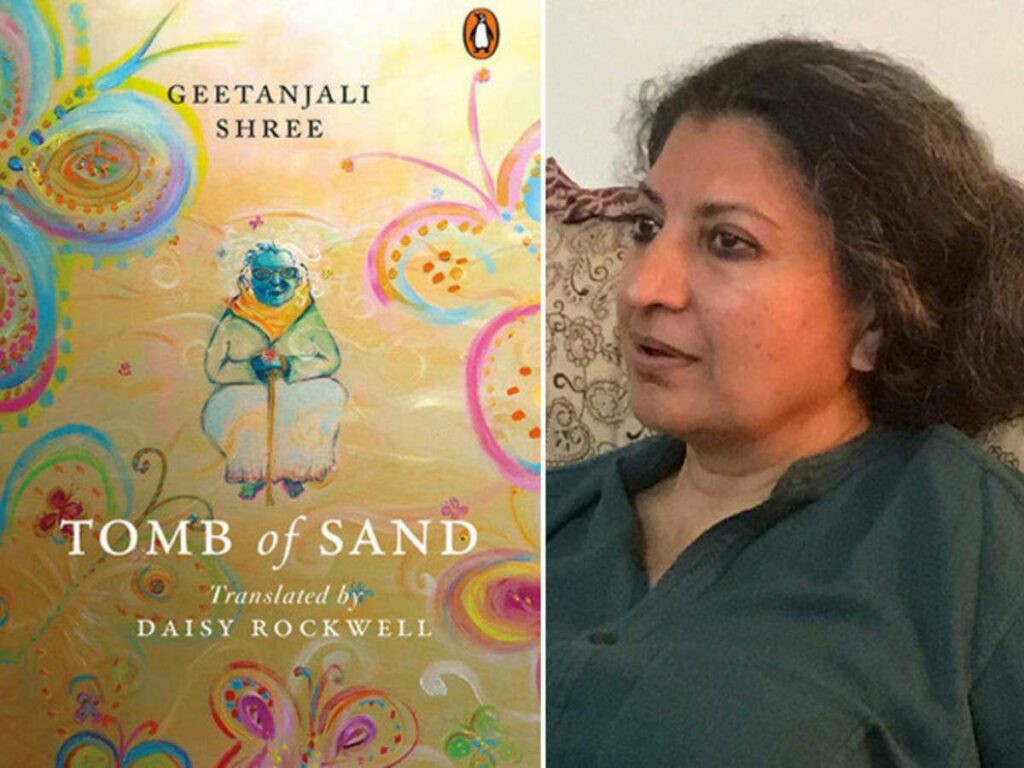
The novel highlights the necessities of letting go of the destructive borders that exist between nations, cultures and even genders. Geetanjali’s Shree’s writing, albeit addressing serious topics, is nonetheless exuberant and seems to be vibrating with intense emotions which makes it worthy of all the accolades that continue to accumulate in its name.
11. Sin: Stories by Wajida Tabassum
Translated from the Urdu by Reema Abbasi, this book contains writings of one of the most prominent voices in Urdu Literature, Wajida Tabassum who was known for her iconoclasm and nonconformist life. Set in old-aristocratic Hyderabad of the 1950s, the book provides multi-faceted portraits of that era’s society with discourse centering around the four sins – lust, greed, envy, and pride.
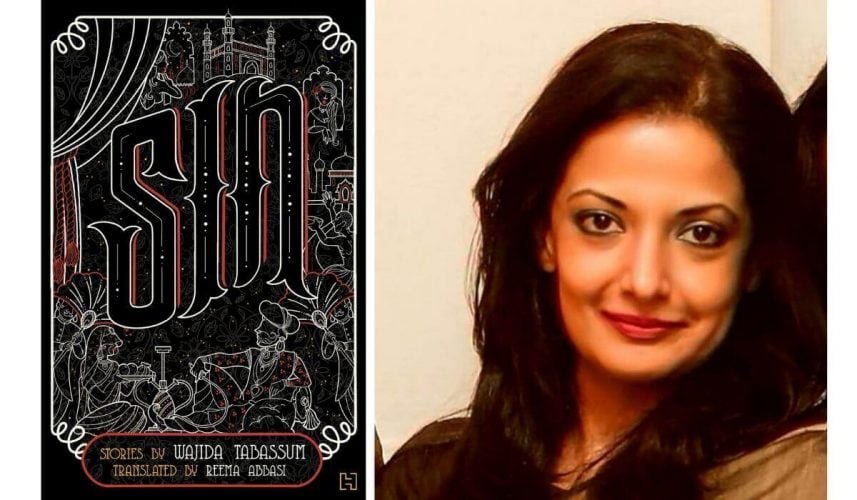
At a time when anyone hardly talked about the lives of Muslim women behind their veils, Tabassum’s stories narrate specific accounts of the lives of such women, their traditions, their daily lives and more. It is a powerful book interpreting the political dynamics between the have and the have nots, the powerful men and their women victims, the rebellion of the women in their own spaces and the hypocrisies of human nature – all that brings to light the psychological worlds of the different characters portrayed.
Also read: 8 Memorable Books Authored By Women In 2021
12. Poūkahangatus by Tayi Tibble
A poetry book by the Maori New Zealander poet Tayi Tibble, Poūkahangatus is a fresh attempt at talking about the struggles and joys of young contemporary womanhood. Filled with pop culture references, slang language and funky poem titles, the book is a look at how one can move towards the future without breaking one’s ties with history or culture. With introspection upon female beauty, inheritance and power, this is a smart poetry book translating the happenings of a contemporary world in verse.
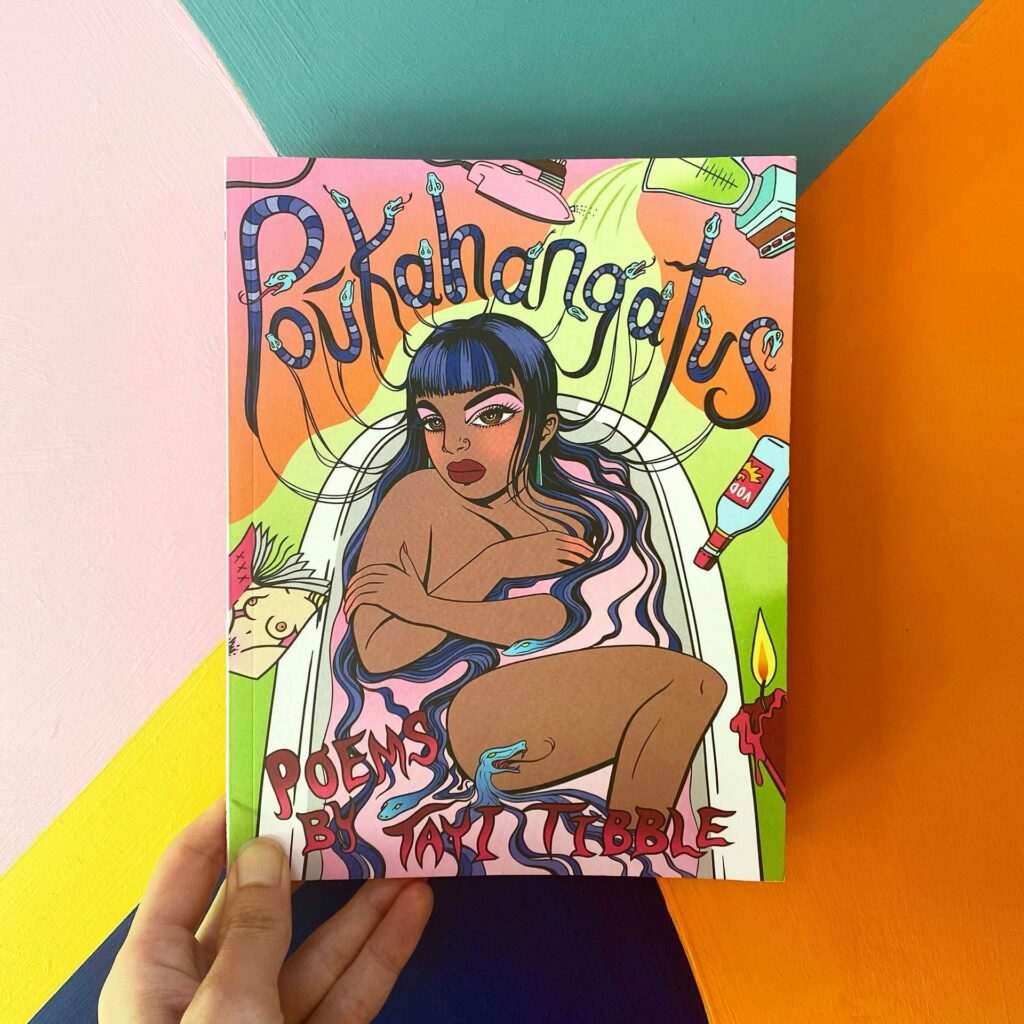
This list of noteworthy books of 2022 is very obviously non-exhaustive and based on opinions which, like all opinions in the world, are subjective. Nonetheless, the books on this list have once again reinstated the faith that only books and reading have the power to transcend time and space and bring us accounts of the multiplicity of lived experiences in this world.
Disclaimer: This is by no means an exhaustive or representative list. Suggestions to add to the list are welcome in the comments section.
About the author(s)
Sayeri Biswas recently graduated with a bachelor’s degree in English from St. Xavier’s College, Kolkata. Whether it’s philosophically
contemplating life or gushing about the most recent book/series she has indulged in, she is always up for a deep conversation. Literature is the great love of her life, and in the future, she hopes to continue talking about all art forms as passionately as she thinks
about them.
